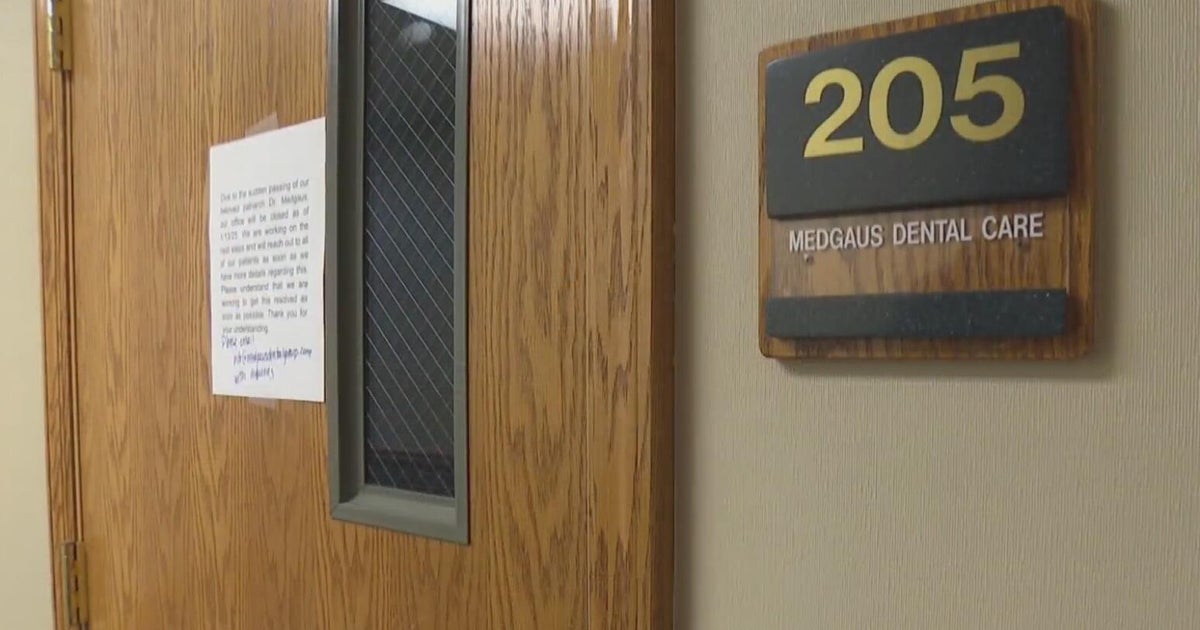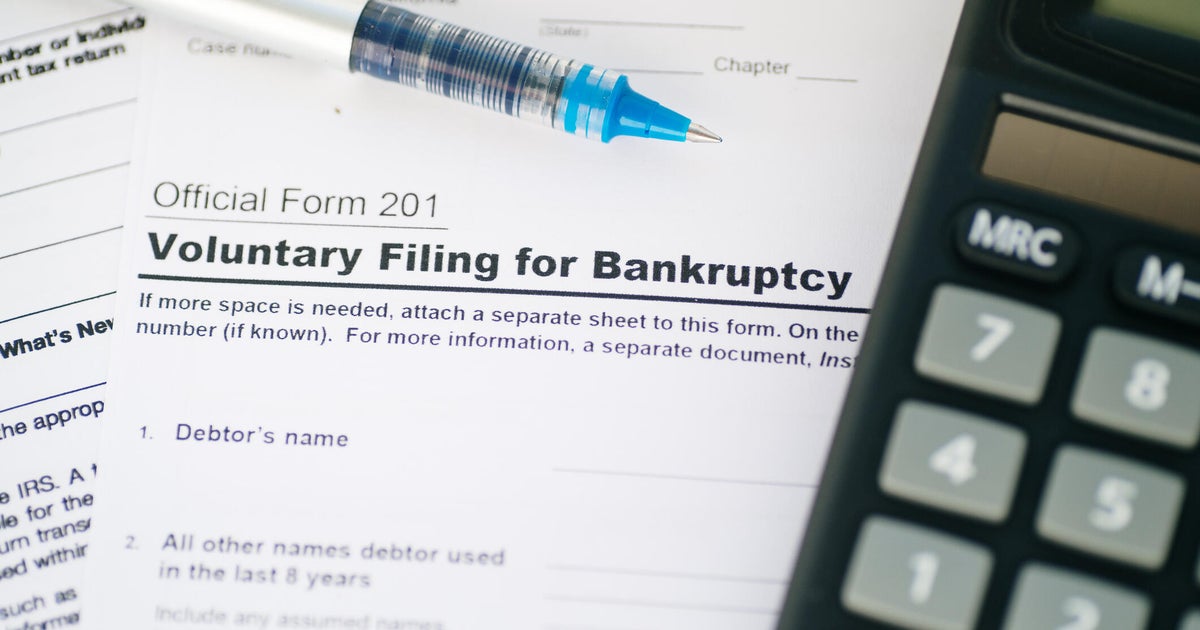Get ready for your last e-will and testament
It was as inevitable as death and (inheritance) taxes: Someone would write their last will and testament electronically, have it e-signed, recorded on the web and be given immortality in the cloud.
And it's on its way to becoming reality. That's true even though an attempt by startup company Willing.com, backed by the likes of Peter Thiel's Founders Fund, fell a shade short when Florida Gov. Rick Scott, R, vetoed a bill that would have allowed and encouraged people to complete their last will and testament online.
Gov. Scott's veto is a setback for this Miami-based company, due in part to the size of Florida and because seniors make up nearly a quarter of the state's population of 20 million. But it's far from a fatal blow. Nevada has already passed a law allowing electronic wills, and since states like California usually recognize other states' wills, electronic wills (or "e-wills") will become valid throughout most of the country.
An Internet search showed that RocketLawyer and LegalZoom also provide downloadable electronic documents to write your own will. But what currently makes Willing unique is that it plans to offer electronic execution of the document, according to Chief Legal Officer Michael Delgado. The idea is so new, he said, that no one has done it yet. "We'll probably have the technology built out in a few months," he added.
It will all be done in cyberspace, where much of our professional and personal business -- and the world's -- is already conducted. Even the IRS encourages e-filing of tax returns. Virtually everyone under the age of 50 has probably e-signed a document, although the shrewd ones kept a hard copy.
Anything that helps people come to terms with their own mortality -- and what happens afterward -- is seen as a good thing. Nearly 40 percent of those over the age of 45 don't have wills, according to a recent survey by NetQuote, an online insurance quote marketplace. Some people are deterred by the financial costs, so making the process easier -- in particular not requiring everyone involved to be in the same place at the same time -- could encourage more people to take this difficult step.
But are the online legal safeguards sufficient to prevent abuse and fraud? They probably are in the world of business, although the corporations and banks that retain our personal information have often been hacked. But in the tangled world of personal and interfamily relations, a lot can go wrong and lead to long and sometimes petty lawsuits that tie up the court system for years.
In his veto, Gov. Scott said he was concerned about whether the state's probate system, which handles estates, would be burdened with lawsuits from out-of-staters who have no contact with Florida "other than the wills created and stored here." And for people in states that don't recognize e-wills, inheritors could be left out of the settlement, he warned.
A will is a very powerful document that can prove to be spiteful. NetQuote said 16 percent of the 300 people it surveyed admitted to leaving a child or spouse out of their will. If so, the relative is likely also out of luck. Since the author is dead and unable to defend him or herself, courts tend to treat wills with a lot of respect.
For that reason, procedures have been in place in the U.S. since 1837 to protect both the will's author and the potential inheritors. One standard is that the will should be in writing (which for the last 10 years has included electronic records), so there's no chance of misinterpretation.
A second requirement is that the person making the will has to sign it with a personal signature in a way that makes it clear it's not a forgery.
A third is that two witnesses must attest to the fact that the person is known to them and that the signature was not forced.
But there are variations. Some states require a notary who has seen evidence of the identity of the will's author to stamp it. Others require an affidavit. Some want witnesses to sign in the presence of each other, and some actually require the will to be "published" in some form.
Willing's Delgado said his company's procedures meet all these requirements. In the proposed e-will, a video session would be set up with the individual making the will and a Florida attorney or notary. If needed, witnesses could be provided by Willing. Vulnerable people such as nursing home residents would not be allowed to do this remotely.
The person making the will would answer questions such as:
- Are you over 18?
- Are you of sound mind?
- Did anyone assist you in doing this? If so, who?
- Did anyone force or influence you?
- Are you signing this voluntarily?
"What the videotaped questions will show is the facial expressions of the person, whether he's nervous or scared, and whether he's being coached," said Delgado. "We watch for interaction with the other people in the room."
Is it foolproof? No, but neither is the current procedure, Delgado argued. Courts have been fairly lenient in allowing wills that have no ready challengers, even wills in the form of suicide notes typed out on a personal computer.
While admitting the idea has merit, Gov. Scott, who runs a state with the highest percentage of seniors, said it still has holes in it that don't protect "the most vulnerable Floridians against fraud and exploitation." And he might have added that, because these "e-wills" can be done remotely in a little as 30 minutes by Willing staff, it can also leave a large number of the state's attorneys and notaries out of the loop.
That's true in terms of price. Delgado anticipated that Willing would be able to do an electronic will for $25 to $50, but would make its money through storage fees of about $25 a year. The records would be kept in the cloud until the will is probated or until it's no longer needed.
One problem with wills is that people tend to revise them as time goes by, particularly if they live long enough. Relatives fall in and out of favor, and possessions such as homes and antiques are sold or given away. In the NetQuote survey, 22 percent of respondents admitted they were excluded from an inheritance after the passing of a relative or close friend.
Willing allows for as many video sessions as you want, as long as you pay the fee each time. Right now, Willing may be leading the pack in terms of bringing wills into the electronic age. But everyone will be watching its success -- or failure -- and building out their own product, possibly with additional safeguards.
As more states approve e-wills, it seems clear that more people will be videotaping their last will and testament.



